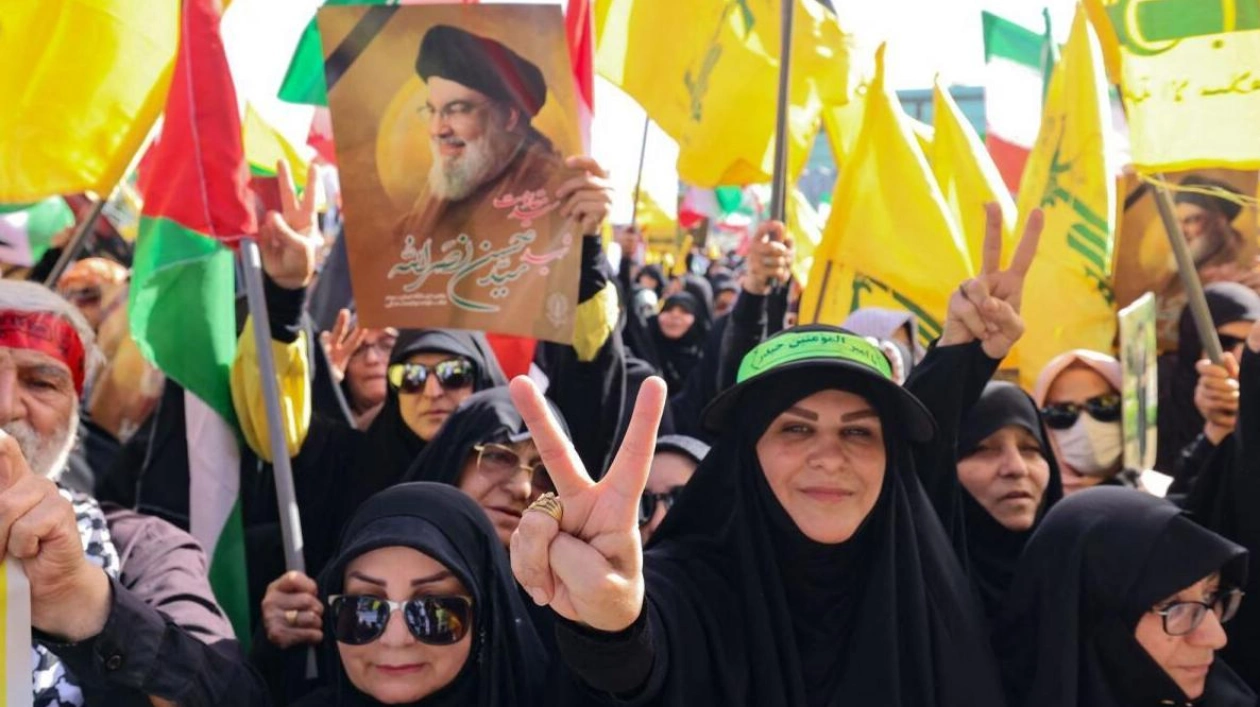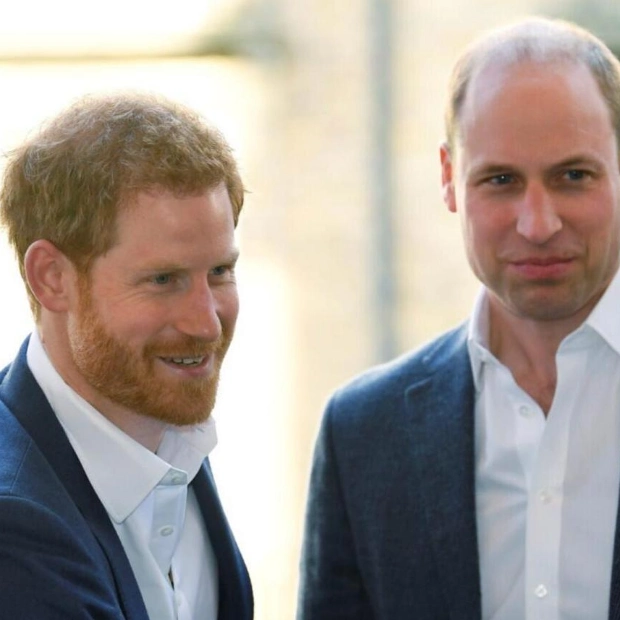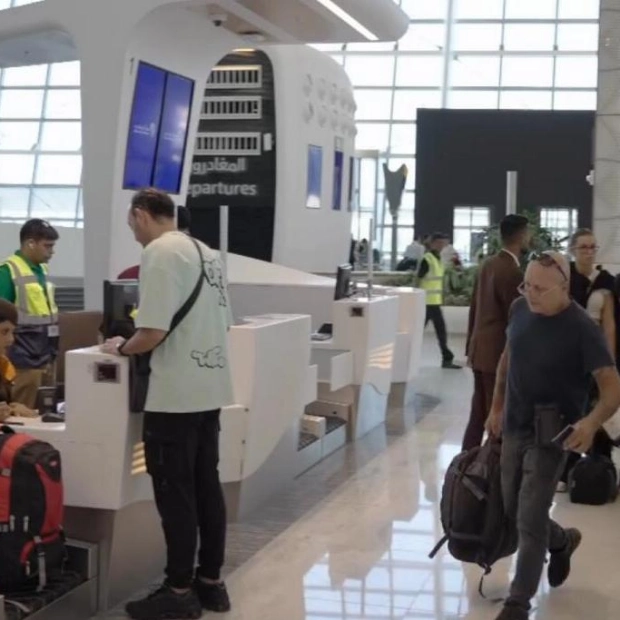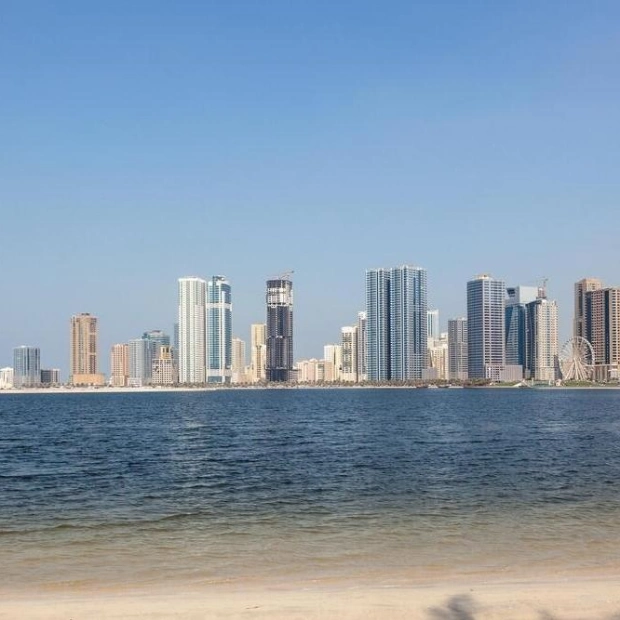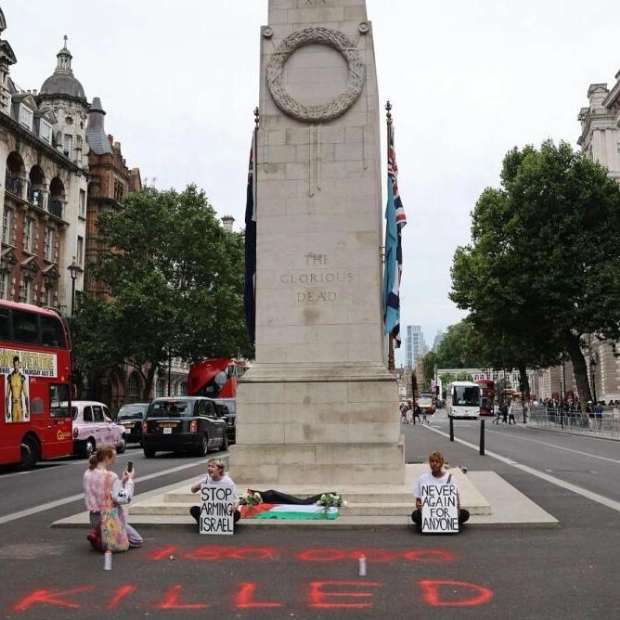In the bustling streets of Tehran, a diverse crowd gathered, some rejoicing over Iran's missile assault on Israel, while others grappled with the potential repercussions of the Islamic Republic's most audacious action yet amidst a year of intensifying Middle Eastern strife.
Local media outlets broadcasted footage of what Iran claimed to be 200 missiles launched towards Israel on Tuesday night. State television accompanied these images with lively music, capturing scenes of hundreds of people celebrating the attacks in the capital and various cities nationwide. They waved Iranian, Palestinian, and Lebanese flags, alongside the banner of Iran-allied Hezbollah, and held portraits of its leader Hassan Nasrallah, who was killed in an Israeli airstrike last week, and Hamas leader Ismail Haniyeh, assassinated in Tehran in July. The crowd's chants of 'Down with America' and 'Down with Israel' echoed through the streets, with some individuals setting Israeli flags ablaze.
At a gathering in central Tehran, 22-year-old university student Fatemeh Marzban expressed her satisfaction with Iran's retaliation against a series of Israeli strikes. 'Last night's operation brought joy to many on the resistance front,' Marzban stated, thanking Iran's military for the attack. However, Israel's pledge to retaliate for the missile strikes, coupled with similar threats from the United States, has left some citizens uneasy, fearing a spiral into full-scale war through reciprocal actions.
'I am deeply concerned that if Israel decides to retaliate, it could escalate the conflict,' said Mansour Firouzabadi, a 45-year-old nurse in Tehran. 'Everyone is anxious about it.' Analysts view the Iranian missile strike as a response to a series of setbacks Tehran has faced, along with its strategy of cultivating allies across the region in Lebanon, Iraq, Yemen, Syria, and the Palestinian territories.
Lebanon's Hezbollah leader Nasrallah, backed by Iran, was killed alongside Iranian Revolutionary Guards commander Abbas Nilforoushan. Ali Vaez from the International Crisis Group, a Brussels-based think-tank, noted that Iran took a 'calculated risk in April' when it launched missiles and drones at Israel, most of which were intercepted, marking its first direct attack. This barrage followed an Israeli airstrike on Iran's consulate in Damascus, Syria, which resulted in the deaths of two Iranian generals.
With an even more daring move on Tuesday, Vaez observed that the regime's actions reflect the mounting challenges it faces as its key allies have been weakened on multiple fronts. 'Failing to respond might have further undermined its credibility with these allies, giving the impression that Tehran was content to remain passive,' he said. Iranian Supreme Leader Ayatollah Ali Khamenei is scheduled to deliver a rare speech during Friday prayers this week, according to local media, where he is expected to outline the path forward.
The last time Khamenei led Friday prayers was after Iran launched ballistic missiles at US forces in Iraq following the 2020 killing of Revolutionary Guards commander Qasem Soleimani in a US drone strike near Baghdad. Speaking to Iranian students on Wednesday, Khamenei expressed ongoing mourning for Nasrallah, stating that his death was 'not a minor event.' Iranian President Masoud Pezeshkian revealed that Iran had refrained from responding to Haniyeh's assassination in Tehran during his inauguration in July, fearing it could disrupt US-backed efforts for a ceasefire in the Gaza war. However, he denounced the promises from the United States and its allies of a 'ceasefire in exchange for Iran's non-reaction to Haniyeh's killing' as entirely false.
Israel's military operations continue in Gaza, even as it escalates its conflict with Hezbollah in neighboring Lebanon. Following Iran's attack, Israeli Prime Minister Benjamin Netanyahu declared that Tehran 'made a grave error tonight and will pay for it,' while the United States warned of 'severe consequences.' Former Israeli Prime Minister Naftali Bennett called for a decisive strike to destroy Iran's nuclear facilities. In response, Iran's Islamic Revolutionary Guard Corps threatened a 'crushing attack' if Israel retaliated and cautioned against any direct military intervention in support of Israel.
Vaez from the International Crisis Group suggests that while Tehran has indicated 'the chapter is closed,' the reality is far from it. 'The final say on this conflict rests not with Iran, but with Israel and the United States,' he said. 'And if the recent developments in Gaza, Lebanon, and even Yemen's Huthi movements are any indication, this confrontation is far from over.'
